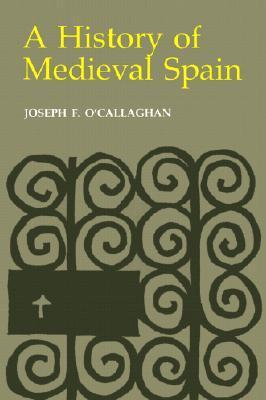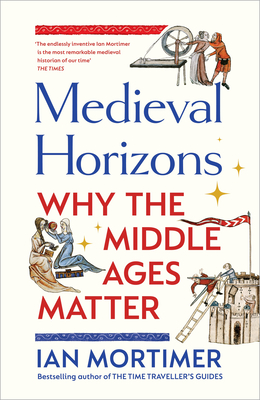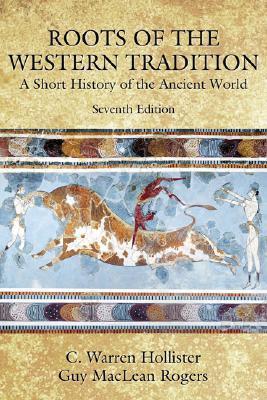
A History of Medieval Spain
Book Description
Amidst the clash of knights and the whispers of scholars, medieval Spain emerges as a dazzling tapestry of conflict, culture, and transformation. This rich saga unfolds as kingdoms rise and fall, where the fervor of conquest meets the brilliance of coexistence among Christians, Muslims, and Jews. Battlefields echo with ambition, while illuminating exchanges of science and art redefine the era. Empires loom large but crumble under the weight of ambition and rivalry. What forces drove such a vibrant society toward both enlightenment and division? Dive into this captivating exploration and discover the fate of a land that shaped the course of history.
Quick Book Summary
"A History of Medieval Spain" by Joseph F. O'Callaghan offers a vivid and comprehensive account of the Iberian Peninsula from the fall of Rome to the dawn of the early modern era. O'Callaghan explores the complex interplay between Christian, Muslim, and Jewish communities, highlighting how cultural exchange, conflict, and cooperation shaped Spanish society. The book traces the rise and fall of major kingdoms, the impact of religious and political ambition, and the forging of an identity that would influence European history. Through detailed analysis, the text illuminates the social, religious, and intellectual dynamism of medieval Spain, while also examining the causes of both its periods of flourishing coexistence and its ultimate divisions.
Summary of Key Ideas
Table of Contents
Conquest and Cultural Integration
Medieval Spain witnessed a dramatic transformation following the collapse of Visigothic rule and the subsequent Muslim conquest in 711 CE. The arrival of Islam reshaped the peninsula, as Al-Andalus became a center of learning, art, and architecture. Through conquest and ingenuity, the region integrated Roman, Gothic, and Islamic legacies, creating a unique social and cultural blend. Urban centers flourished, while rural Islamic, Christian, and Jewish communities developed alongside each other, setting the foundation for centuries of rich interaction.
Religious and Political Power Struggles
The period was marked by persistent struggles for religious and political dominance. Christian kingdoms emerged in the north, launching campaigns to reclaim territory, while Muslim-controlled territories experienced their own internal rivalries. Religious identities were deeply tied to political ambition, and monarchs leveraged faith to consolidate their power. This ebb and flow of conflict and alliance defined the shifting political landscape, shaping the boundaries and character of future Spanish states.
Coexistence and Cross-Cultural Exchange
Yet, amid frequent warfare, medieval Spain achieved periods of remarkable coexistence. The unique phenomenon of convivencia allowed Christians, Muslims, and Jews to share cities, participate in governance, and exchange ideas. Intellectual centers, especially in Toledo and Córdoba, became hubs for scholarship, translating and preserving classical works. Art, science, philosophy, and literature thrived from this cross-cultural fertilization, leaving a lasting legacy on Western civilization.
The Reconquista and the Rise of Kingdoms
The Reconquista, the centuries-long effort by Christian states to reclaim Iberian lands, dominated the later Middle Ages. Military and religious fervor bolstered the rise of Castile, Aragon, and other kingdoms as they gradually expanded southward. The formation of these unified monarchies was paralleled by religious reform and increasing limitations on Muslim and Jewish rights. The gradual Christianization of the peninsula fundamentally altered social structures, altering the balance that had once allowed pluralism to flourish.
The End of Convivencia and Social Fragmentation
As the Middle Ages waned, the collapse of coexistence became evident. The unification of Spain under Ferdinand and Isabella, coupled with the conquest of Granada in 1492, marked not just the end of Muslim rule but also the forced conversion and expulsion of Jews and Muslims. The tapestry of medieval life, once defined by exchange and plurality, unraveled under the weight of religious homogeneity and centralized royal authority. These transformations indelibly shaped the emerging Spanish state and its role within Europe and the wider Mediterranean world.
Download This Summary
Get a free PDF of this summary instantly — no email required.





